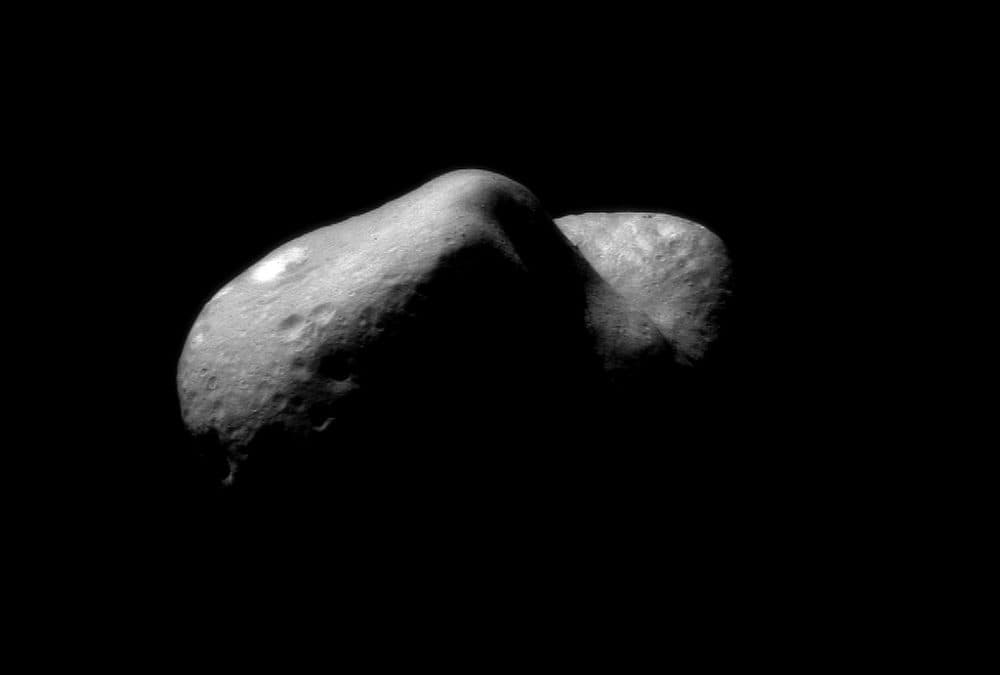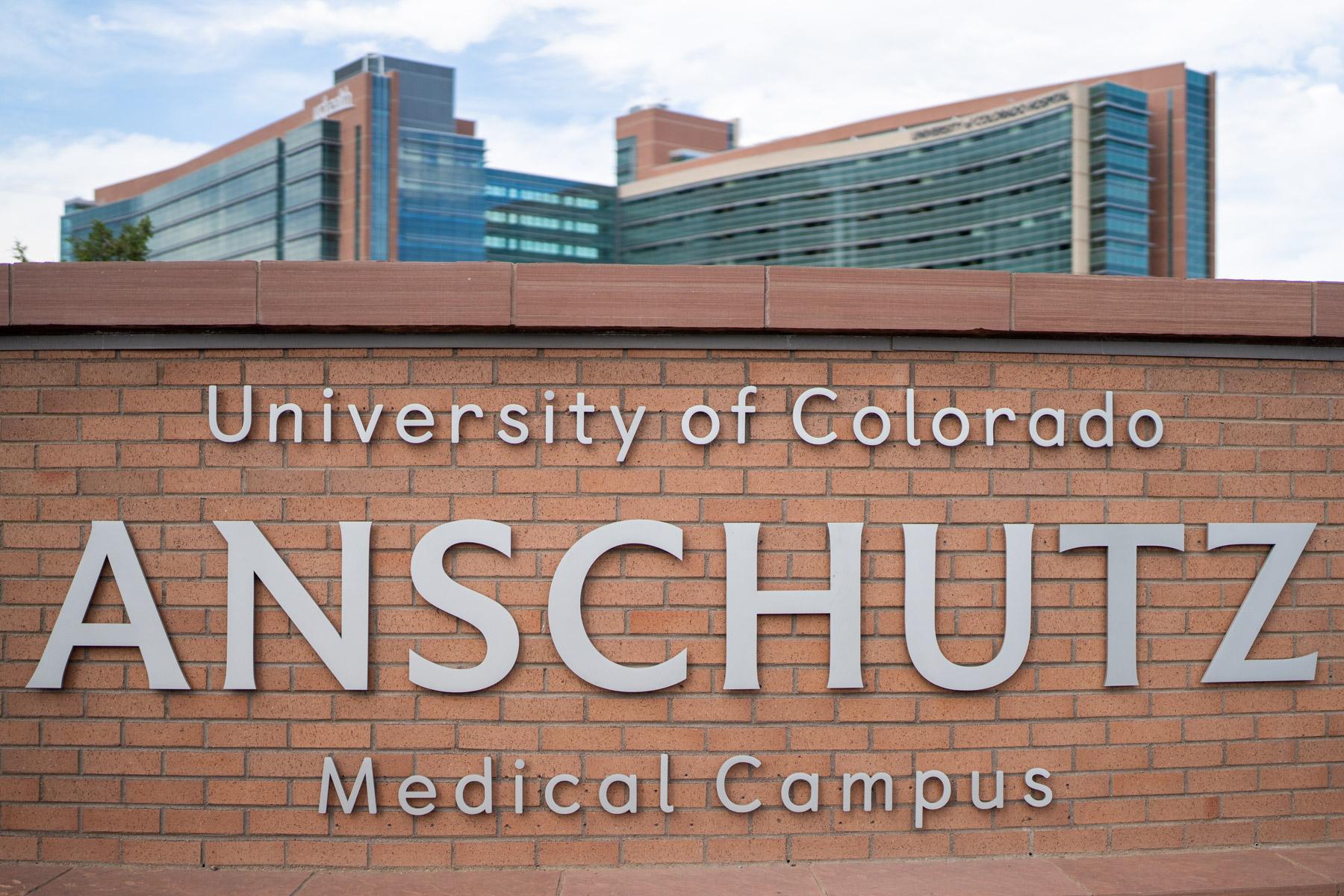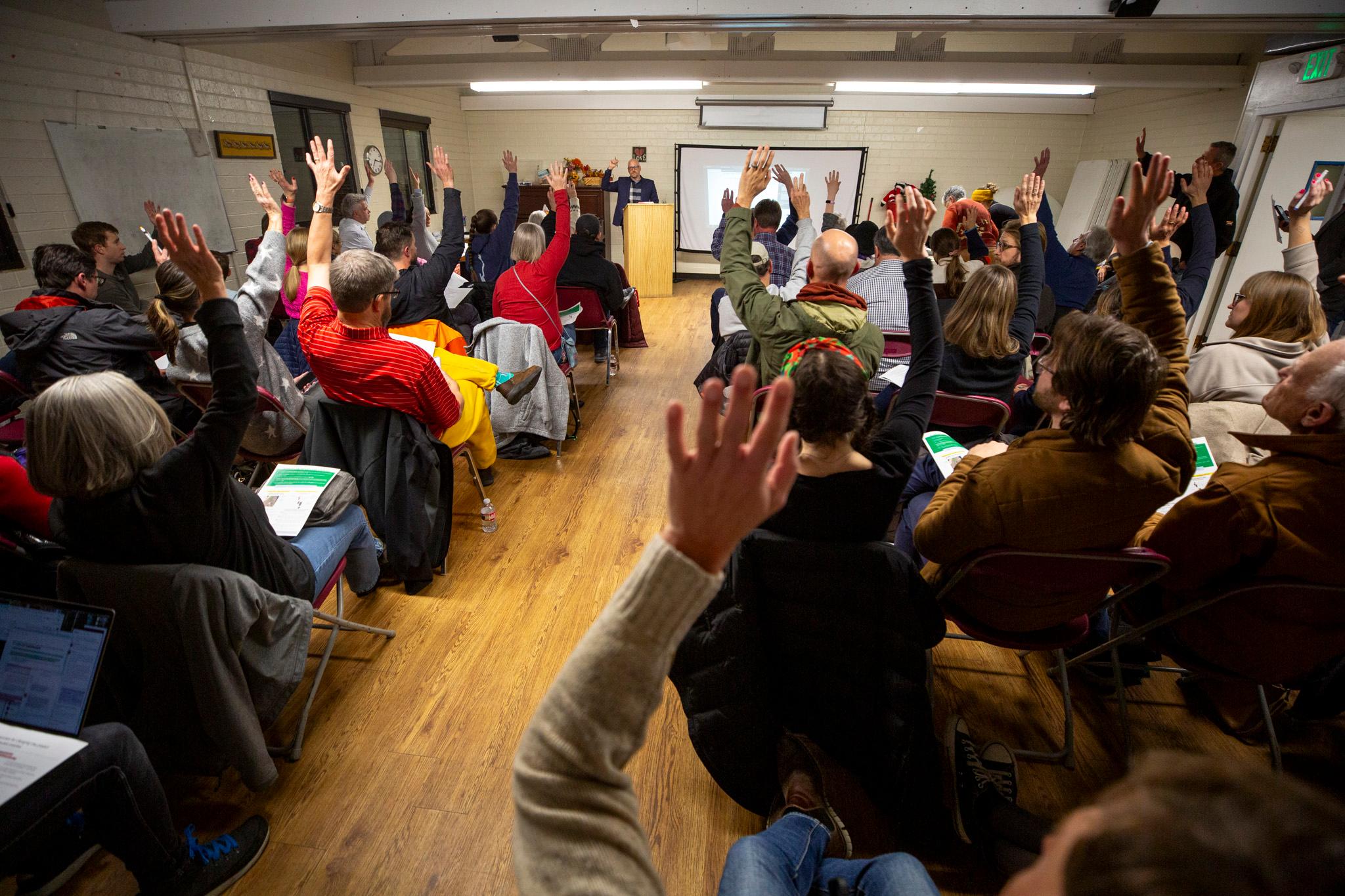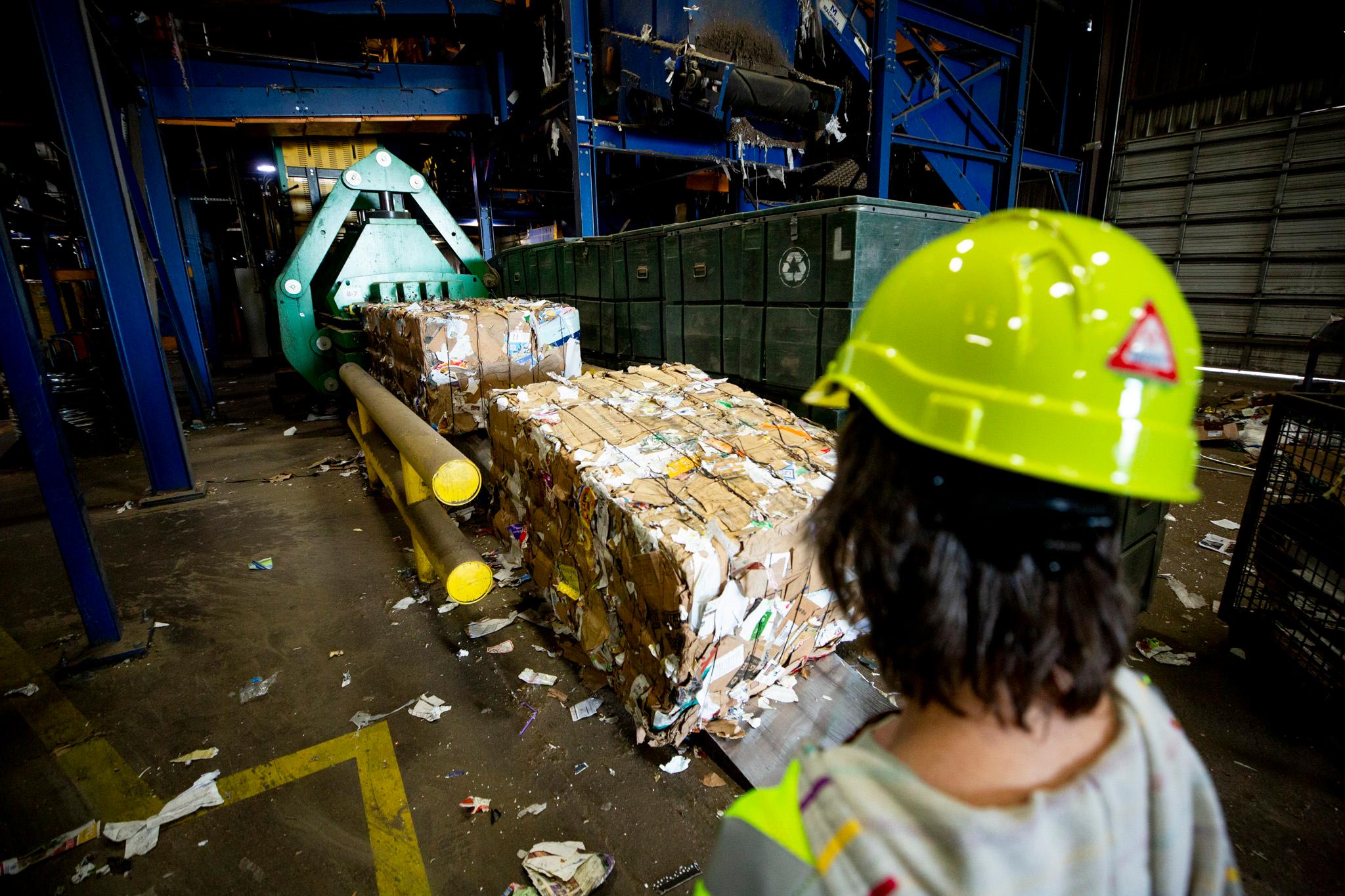
Looking at the moon is so yesterday. The next big thing is sending robots to the lunar surface and mining its precious resources.
That's the thinking, at least, behind the Colorado School of Mines newest graduate program, which may be the first of its kind: a master's in space resources.
The interdisciplinary program, to be launched in 2018, is meant to prepare "the next generation of scientists and engineers to responsibly explore, extract and use resources not only on Earth but also on the Moon, Mars, asteroids and beyond," a news release from the school declares.
The new program is part of a push to change space travel. Resource-gathering technology could allow spacecraft to find and process critical resources, such as fuel and water, at sites far from our home planet, allowing trips to travel more efficiently, according to Angel Abbud-Madrid, director of the Mines Center for Space Resources.
The new Mines program is meant to teach students to design the systems that will power the exploration, extraction and use of these resources from asteroids, the moon, Mars, and, well, the rest of space.
The program is expected to offer master's degrees, doctorates and certificates, according to Mines. It will include fields such as nuclear and solar energy, robotics, resource economics and more.
Asteroid mining in particular is seen as a potentially lucrative new field, with single objects containing mind-boggling amounts of resources.
The U.S. Congress has even sought to boost the industry by giving American companies "ownership rights to whatever bounty they extracted from an asteroid -- but not rights to the asteroid itself," as Bloomberg reported.
An analyst for Goldman Sachs recently identified platinum as a particularly tempting space resource, with a single asteroid potentially containing many billions of dollars of the metal.











